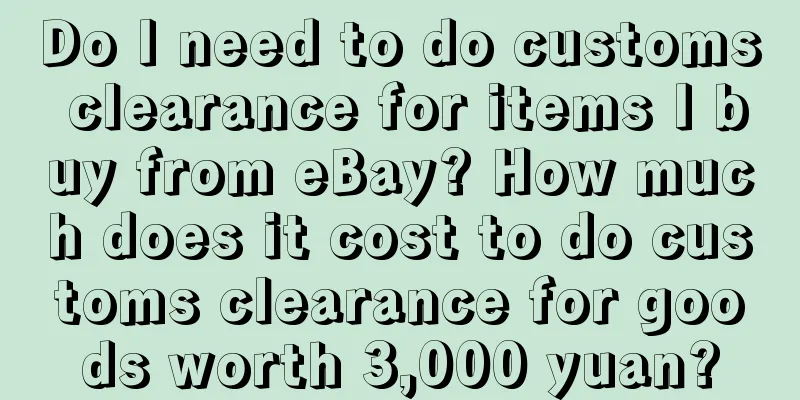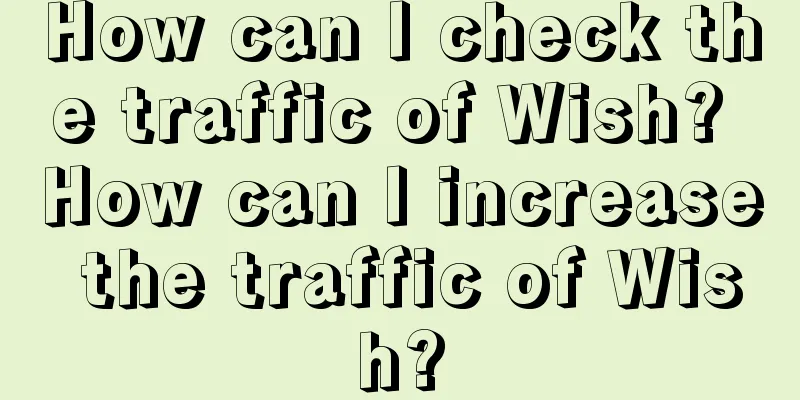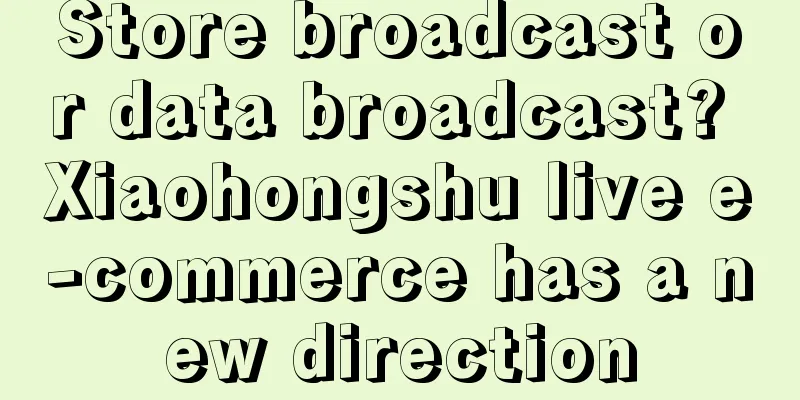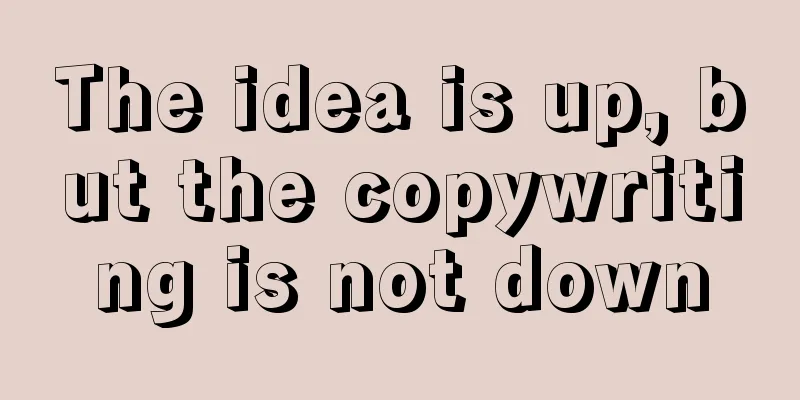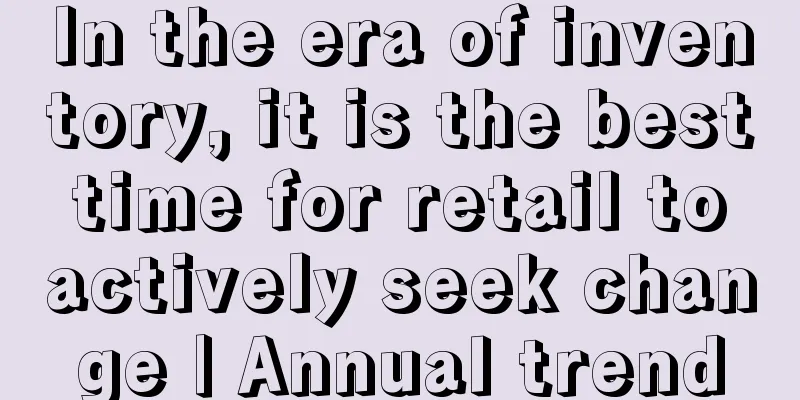Does Amazon US FBA need to pay taxes? Details required!
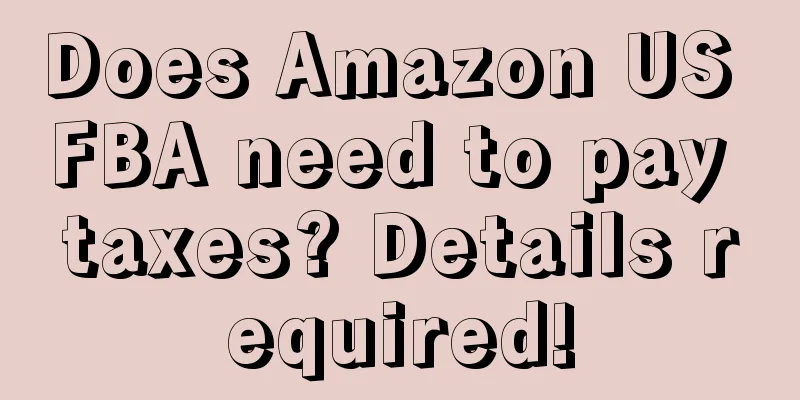
|
Regarding Amazon's US FBA, as a merchant, you are still unclear whether you need to pay taxes? Well, today, let's talk about the tax issue on the US site. After all, it is a tax-related issue and of course we cannot be careless. Therefore, merchants who don't understand it can have a deeper understanding through our explanation below. Details to know! The platform does not add fees, however, some states consider fees such as per-item, order, and referral fees taxable services. Similarly, inventory preparation fees such as bubble wrap, plastic bags, tape, and labels are also considered taxable in some states. Start charging some of these fees and collecting taxes to comply with tax laws. The platform does not want to collect taxes from sellers, but the state government believes that it should be responsible for sales expenses. This move is just a compromise to comply with state tax laws. Whether all sellers will agree with Amazon's explanation for collecting taxes is a matter of opinion. The location of the business determines the fees to which the tax applies, and the location where the performance of the services is performed determines whether the tax is applied to the FBA inventory preparation fees. US taxes are usually between 4% and 10%, and state tax rules may change frequently. If states modify their laws, the information will also be adjusted accordingly with the state tax rules. In terms of inventory usage fees: Fab prep services in Arizona, Connecticut, Erie or West Virginia are taxed based on each state's tax. Stock usage charges include labeling, multi-bagging, bubble wrap, taping and opaque bagging. Similarly, if you happen to be located in these states, you will need to pay for the FBA fees. An example is also listed here. If you decide to use an FBA prep service to bubble your items, and that service is performed for delivery in Arizona, and the tax rate for that location is 8.37%, and the bubble wrap fee is $0.80/unit, a tax of $0.07 will be collected and remitted to comply with state law (calculated as 8.37% of the bubble wrap fee of $0.80/unit). Therefore, everyone just needs to pay taxes according to the tax rate given by the local state. Therefore, not all US sites need to pay taxes. This depends entirely on the tax regulations of the state where they are located. The platform only complies with the regulations and informs the merchants. Therefore, if the merchants are in the above states, they need to pay taxes. If there are no mandatory regulations in other states, then they do not need to pay. In fact, some places on Amazon's US FBA require taxes to be paid, but some places do not. This depends on local policies. For example, if the local state government requires merchants to pay taxes, then of course they need to. If there is no requirement, then merchants do not need to pay. So, you can decide based on the area you are in. |
<<: What is the Amazon customer service phone number? How can I reduce the response time?
>>: How to open a store on Amazon US? Introduction to the store opening tutorial
Recommend
It’s such a pity that there are only 3 people in the live broadcast room for such a good product. Let’s see what the problem is?
Good products need good marketing. If the product ...
It’s 2023 now. Can I still operate Xiaohongshu on behalf of others?
Speaking of agency operation, what do you think of...
Sleep economy, a new blue ocean for brand development?
Statistics show that more than 300 million people ...
How can traditional brands achieve brand renewal on Xiaohongshu?
This article mainly introduces how traditional bra...
What should I do if Shopee is deducted points? How to avoid being deducted points?
As a cross-border e-commerce platform, Shopee now ...
What does it mean to abandon a bid on eBay? What should I do if I don't want the item I won?
Merchants who open stores on the eBay platform nee...
User value discovery on the tea mountain
Drinking tea on the tea mountain, you can feel the...
The “new C position” of the Internet economy: new challenges and winning strategies in the “local life war”
In 2024, local life services have become a new foc...
How to operate Amazon International Station? How to open a store?
Amazon has a very complete system and tens of thou...
2024, create boss IP
In 2024, boss IP has become a new trend in corpora...
What will happen to digital marketing in 2024?
Digital marketing has been developing in recent ye...
What is the difference between Amazon SKU and ASIN? Is SKU better?
Merchants who open stores on Amazon will use two s...
7 ways for children to make money on TikTok
The majority of Douyin's audience is female, b...
Lazada plans to enter the European market
Lazada is preparing to enter the European market, ...
Why is all of humanity calling for the “regulation” of general artificial intelligence?
This article raises the question of why we should ...
